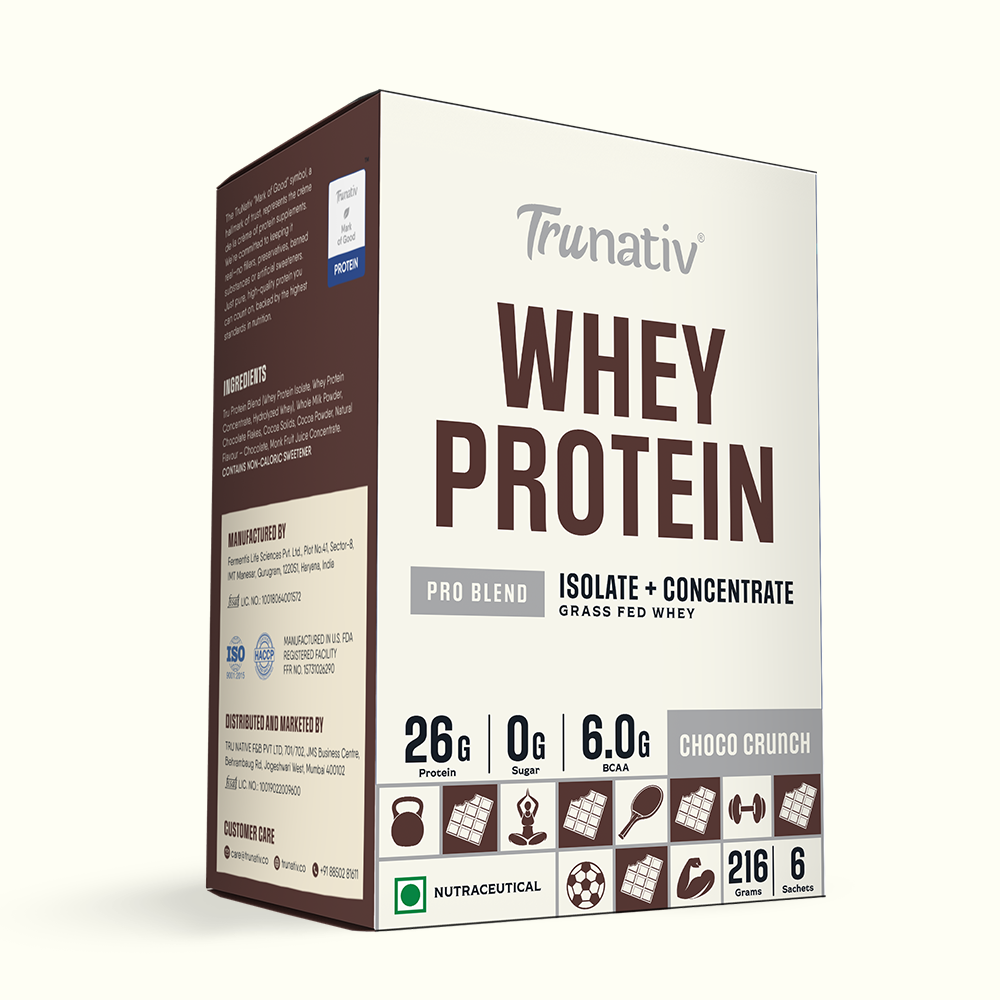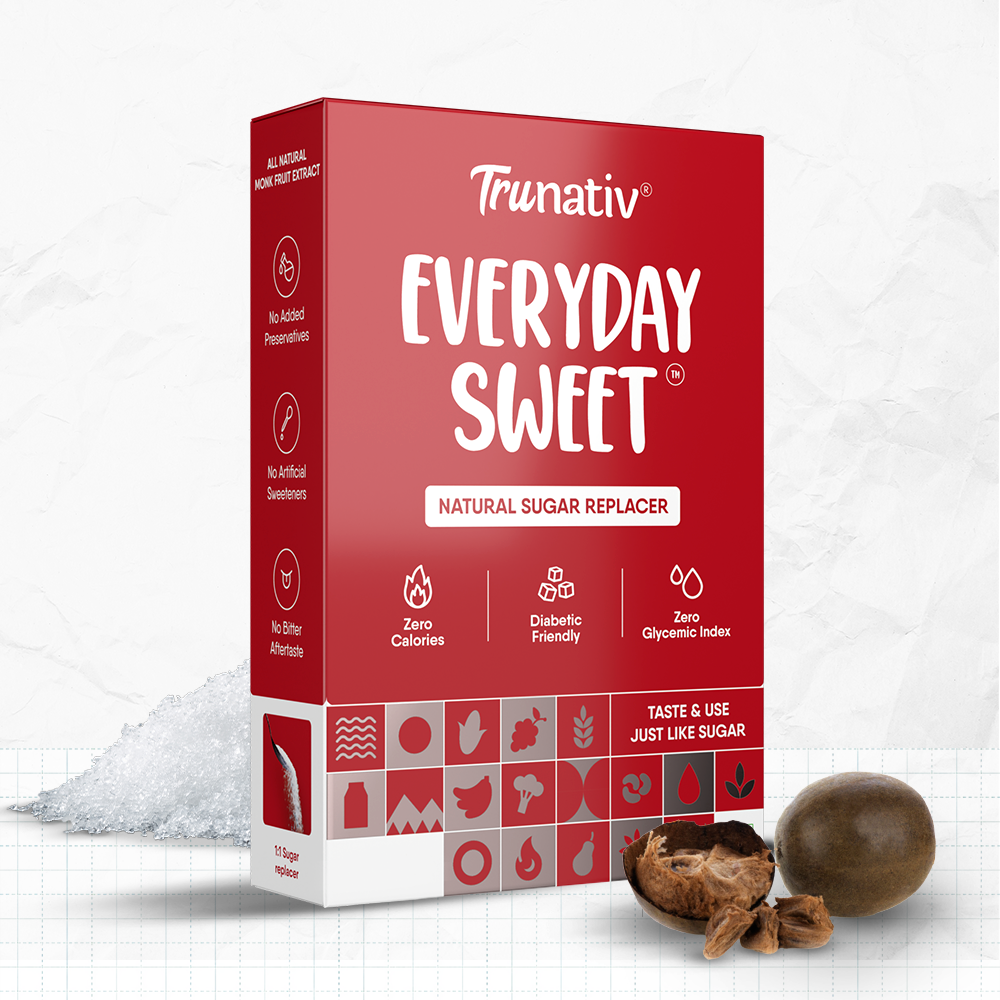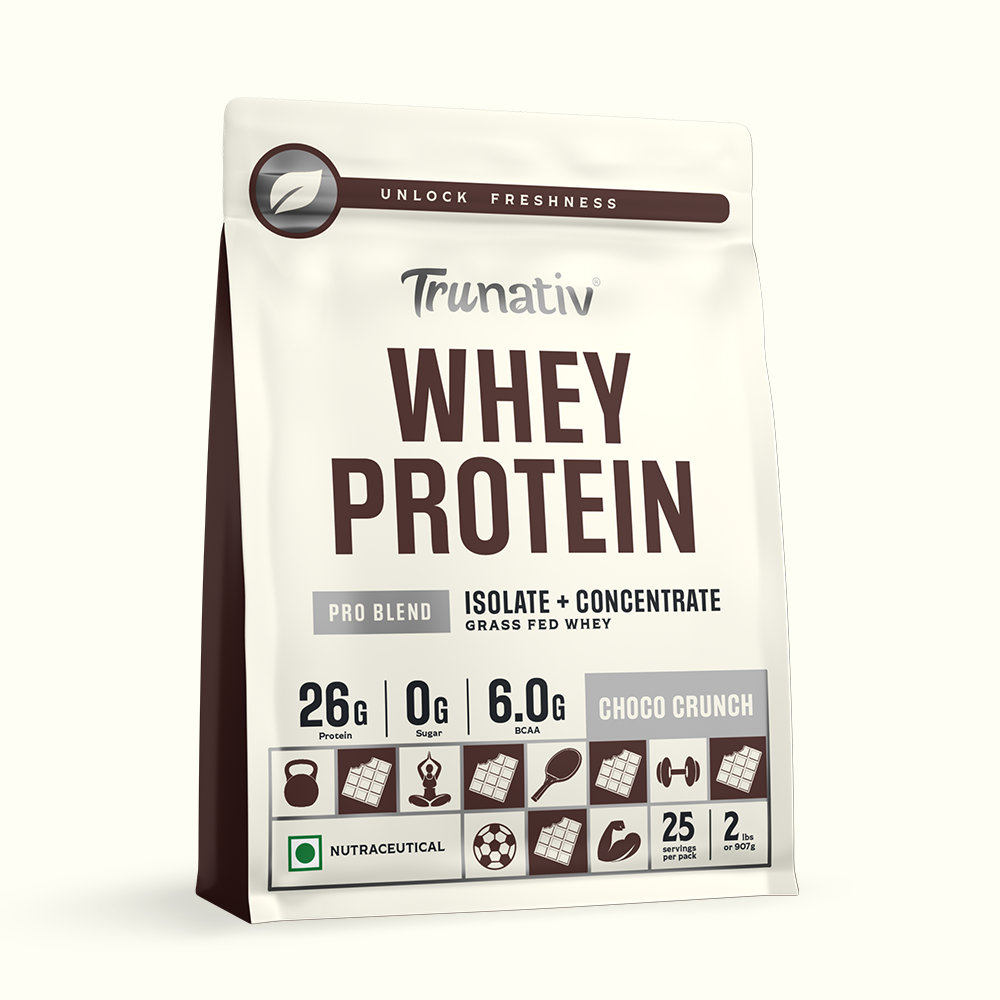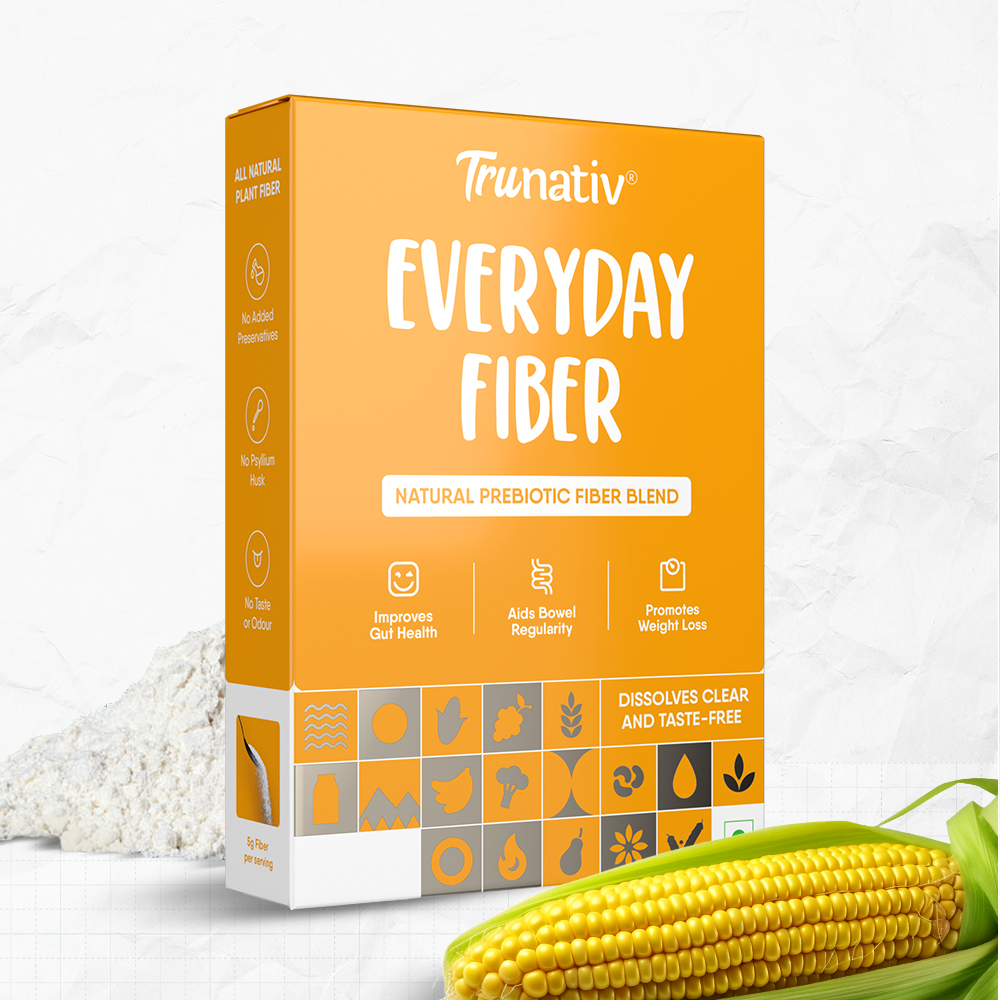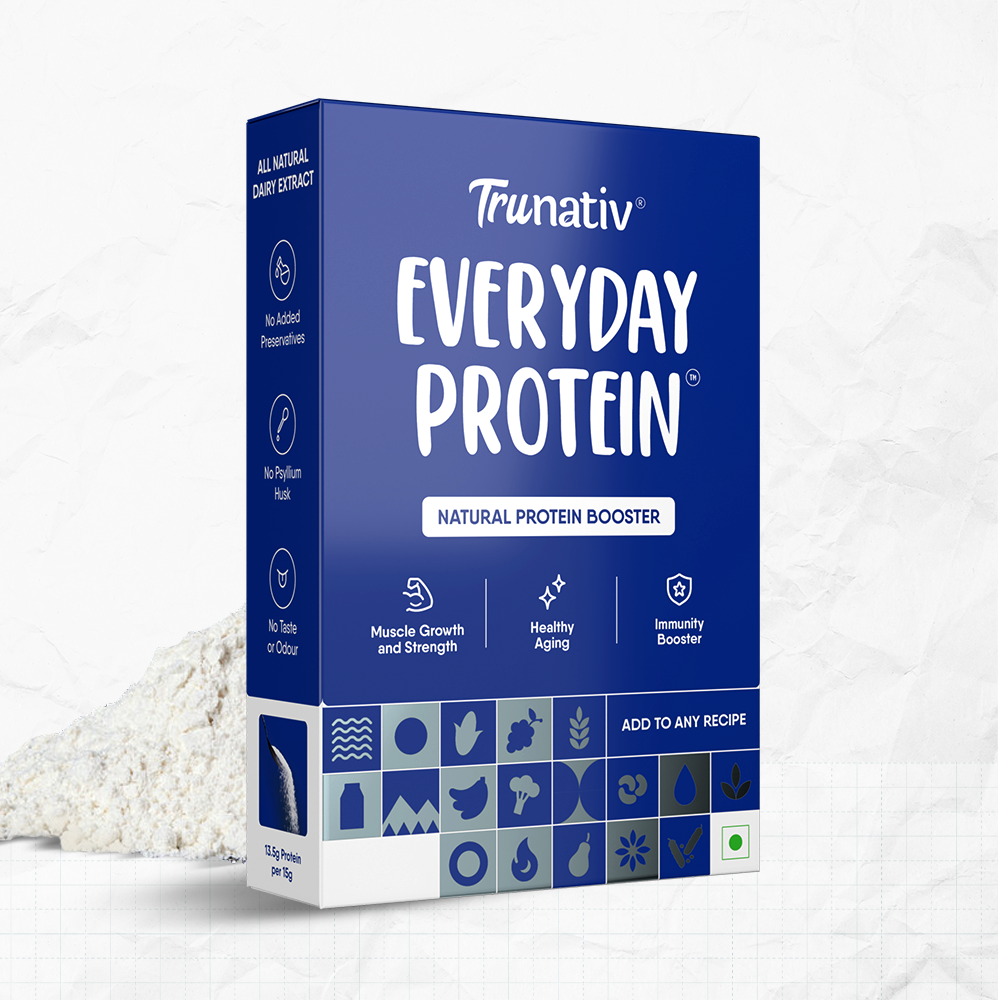

· By AMISHA SHUKLA
Tips for Building and Maintaining Muscle

Getting more powerful is an esteemed, healthy fitness goal. So you're hitting the gym, lifting more, and filling every meal with protein. But building muscle can be a bit tricky.
Sure, lifting weights and consuming more protein can support you to become stronger, but to build muscle, you ought to push your muscles past their limit and give them time to recuperate and grow. To build and retain muscle mass, you require patience and persistence.
So, how do you build and maintain muscle? Good training, proper nutrition, rest, and practical goals make a possible equation for success.
How to Build Muscle
It would benefit if you grew muscle cells to create muscle. This is named muscle hypertrophy, when muscle making outpaces muscle breakdown. Strength training and sufficient protein form the foundation for building muscle. But rest and recovery are equally necessary.
Fitness
Strength training, or resistance training, is the primary exercise for muscle building. It involves utilizing weights, machines, or your body weight to stress your muscles, pushing them past their limits.
The mechanical tension you put on your muscles during strength training triggers metabolic stress, providing your muscles the energy they require to adjust to the weight strain so you can keep lifting. Pushing past the point where your muscles tire out hurts the muscle fibers. This muscle damage triggers the therapeutic process that forces the muscles to grow.
To grow muscle, it's often useful to find your one-repetition maximum (RM), the heaviest amount of weight you can lift without losing proper form. You're not at your RM if you can do effortlessly three sets of 10 repetitions or reps. Consulting with a personal trainer can assist you in finding your one-repetition maximum. As your strength enhances and your muscles build, raise the weight load and the number of sets to continue to build.
Changing the type of workout you do also allows build muscle. For example, you work out various muscle groups when switching from free weights to weight machines. The more muscles you enclose in your movements, the greater the advantages.
Nutrition
Building muscle needs good nutrition and high-quality calories, including protein, carbs, and fat. To grow muscles, you need to keep a positive protein balance. The International Society of Sports Nutrition (ISSN) tells you to require at least 0.6 to 0.9 grams of protein per pound of body weight to keep a positive protein balance, and you may require as much as 1.3 grams of protein per pound to gain muscle.
While protein is essential for building muscle, carbohydrates and fat also play a role in supporting your body achieve its objectives. Carbohydrates from fruits, vegetables, and whole grains are a source of energy and important nutrients like fiber, vitamins, and minerals.
Other Factors
Providing your body time to recuperate is also essential for muscle building. It would benefit if you let your muscles rest for 48 hours before working them out again.
You also require a sufficient amount of sleep to build muscle. Many things occur while you sleep, including improving and building muscle. Not getting sufficient sleep triggers your body to discharge catabolic hormones like cortisol, slowing down muscle growth.
Adults need 7-9 hours of sleep a night. But when working out to build muscle, aspire for at least eight hours of sleep. Getting sufficient sleep improves the anabolic hormone levels, enhancing muscle recovery and growth.
How you handle stress also influences muscle building. When chronically stressed, your catabolic stress hormones stay high, influencing muscle growth and strength. Stress also impacts your workouts. So take it easy on those high-stress days and the days you have difficulty getting enough sleep.
How to Maintain Muscle
When maintaining muscle mass, you can follow a "use it or lose it" psyche. After age 30, you can lose up to 5% of your muscle mass every 10 years if you're not physically active. Like muscle building, fitness and nutrition are important to maintaining lean body mass.
Fitness
Regular strength training is key to keeping muscle mass. Like muscle building, you require to stress the muscle to sustain strength. This implies lifting enough weight and doing sufficient reps to the point where it's too hard to do one more.
Yoga and Pilates are muscle-building workouts that support maintaining lean body mass and enhancing flexibility.
Resistance training allows you to maintain muscle strength but doesn't necessarily add more bulk.
Nutrition
Good nutrition is also essential for maintaining muscle, particularly high-quality protein. The ISSN says you require 0.6 to 0.9 grams of protein per pound of body weight to maintain muscle.
Consuming balanced meals loaded with nutrient-rich foods from all the food groups should allow you to get enough protein, carbohydrates, energy, and other vital nutrients to sustain muscle and support overall health.
Other Factors
Finding healthful methods to handle stress is also necessary for maintaining muscle. How you handle stress right now may impact your muscle strength later on.
It would benefit if you also formed good sleeping habits. Like stress, accumulating sleep debt raises the release of the catabolic hormones that reduce muscle mass and strength. Aim for a minimum of 7 hours of sleep a night.
To Conclude
Whether you want to build or maintain muscle, it's essential to know that what works for others may not work for you. This is because many elements influence your body composition, including exercise, nutrition, genetics, sleep, stress, and medical history.
Find a routine that functions for you and adhere to it. Whether it's free weights or body resistance exercises, consistency is the key to maintaining your muscles.

